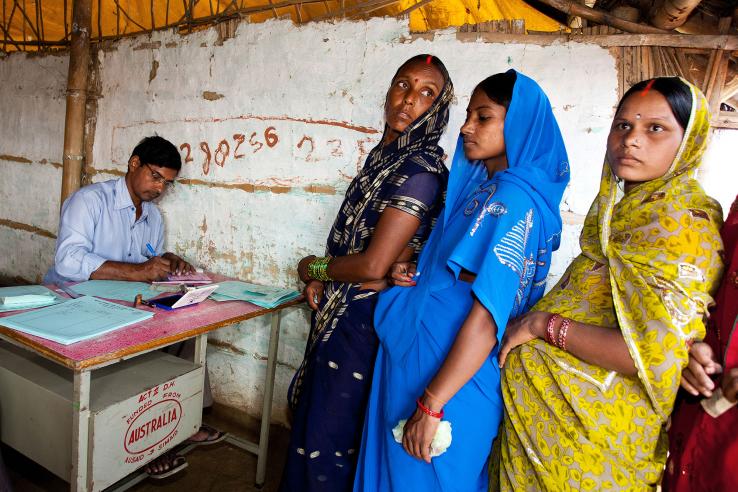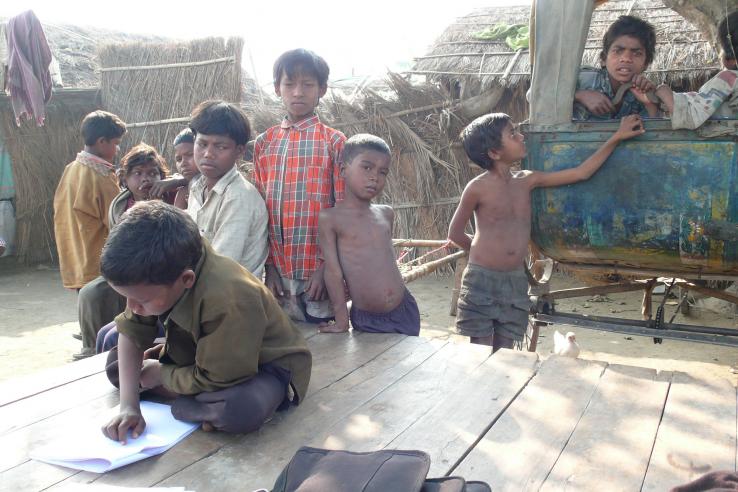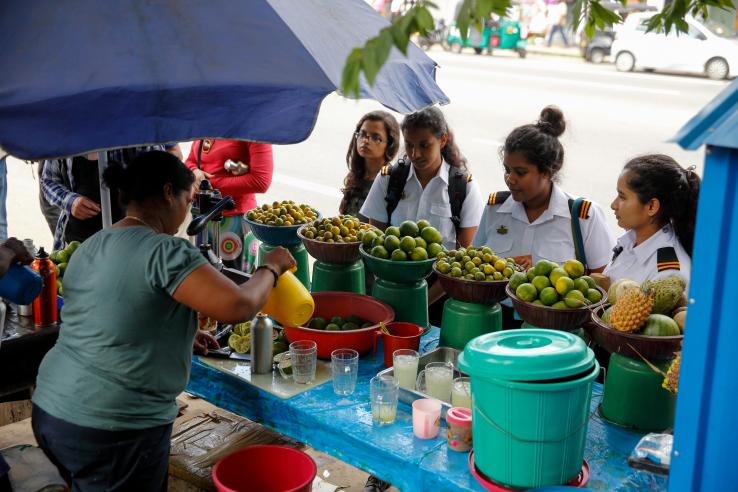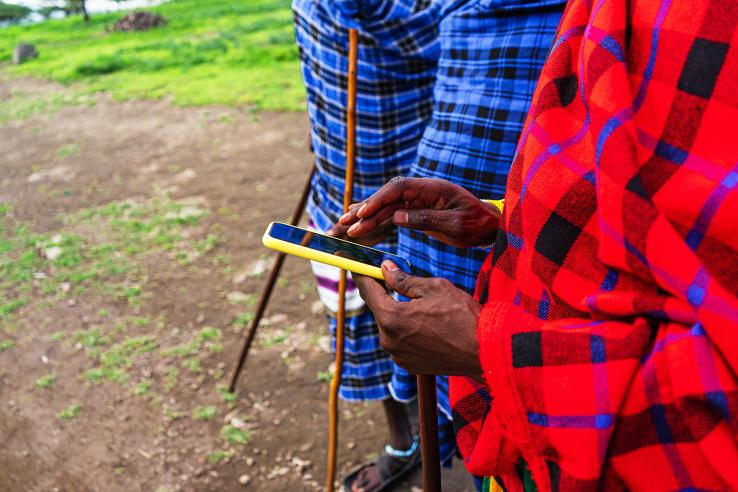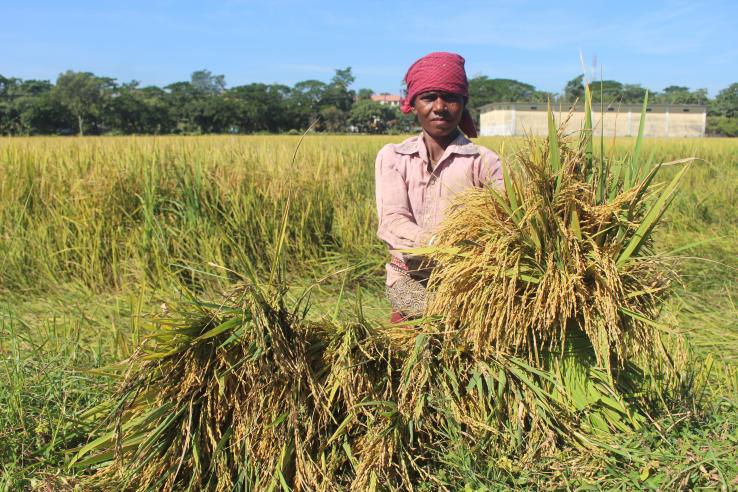Displaying 4126 - 4140 of 8489
Evaluation
Researchers partnered with several agencies of the Government of Punjab, Pakistan, to evaluate the impact of giving procurement officers more autonomy, compared to financial rewards, on public procurement performance. Shifting authority away from supervisors and towards procurement officers improved performance, particularly when supervisors were more inefficient or corrupt. In contrast, financial rewards for officers did not improve performance when their supervisors were inefficient or corrupt.
Evaluation
Workers with criminal records face substantially lower chances of securing employment compared to similar workers without such records. Researchers evaluated the effectiveness of different approaches, including wage subsidies, crime and safety insurance, past performance reviews, criminal record history, and objective information on worker performance, on managers’ willingness to hire people with criminal records. The study found that policies which directly addressed hiring managers’ concerns about productivity and risk effectively increased demand for workers with criminal records.
Evaluation
Informal healthcare workers with little to no training provide more than 70 percent of all primary care in rural India. In this study, researchers evaluated the impact of a nine-month training...
Evaluation
In three related evaluations in India, researchers introduced an early childhood reading and comprehension program (Shishuvachan) in different contexts—integrated into first-grade classes in Mumbai public schools, implemented in preschools that were specifically designed to implement this program, and integrated into established preschool classes—in order to measure its impact on early literacy rates. Results show that the Shishuvachan program was very effective in improving students' reading skills.
Evaluation
Researchers provided small one-time grants to microenterprises in Sri Lanka to measure the impact of the additional capital on business profits two and five years later. They found that cash and in-kind grants increased business profits for male owners in the short and long term, but did not lead to an increase in business profits for female business owners.
Evaluation
Researchers conducted a randomized evaluation to test the impact of a savings lockbox, or SMS reminders, on household saving, spending, and the ability to cope with negative shocks in rural Niger. Take-up and usage of the lockbox were high, and while the lockbox intervention did not affect overall saving or spending, it helped households cope with the negative effects of a health shock. Conversely, there were no additional effects of the SMS reminders.
Evaluation
Researchers evaluated the impact of mailings that informed people with a record of felony conviction of their eligibility to vote on political participation. The mailing increased political participation, particularly among individuals that were active voters prior to incarceration.
Evaluation
This study will examine whether a combination of positive and negative commitment devices can induce long-term smoking cessation in smokers from a low-to-moderate income background in Connecticut.
Evaluation
In Bogotá, Colombia, researchers partnered with the city to measure the impact of either concentrated policing, increased municipal clean-ups, or both on crime reduction and displacement. The evaluation found that the two approaches reduced crime on targeted streets when implemented together, but not when implemented alone. While most crime, particularly property crime, appears to have shifted to nearby streets, there is suggestive evidence that violent crimes, especially homicides and rapes, decreased citywide as a result of the intervention.
Evaluation
Researchers conducted a randomized evaluation to test the impact of offering frequent HIV testing on rates of marriage and pregnancy. Offering high-frequency, opt-out HIV testing to young women and their partners changed beliefs of partner’s sexual safety, accelerated marriage, and increased the probability of pregnancy.
Evaluation
Researchers introduced text message reminders to evaluate their effect on Kenyan patients taking their antiretrovirals consistently and not skipping doses. Patients who received weekly text messages were more likely to take their medicine 90 percent of the time and were less likely to skip doses for more than 48 hours than their counterparts in the comparison group.
Evaluation
In Bangladesh, researchers conducted a randomized evaluation to test whether helping selected farmers set up demonstration plots could increase awareness in the community about a new rice variety by triggering information exchanges through new interactions. Demonstration plots comparing new versus traditional seed varieties improved farmers’ knowledge about the new rice variety. The new interactions induced by the demonstration plots were most effective for farmers who were least socially connected before the intervention was delivered.


